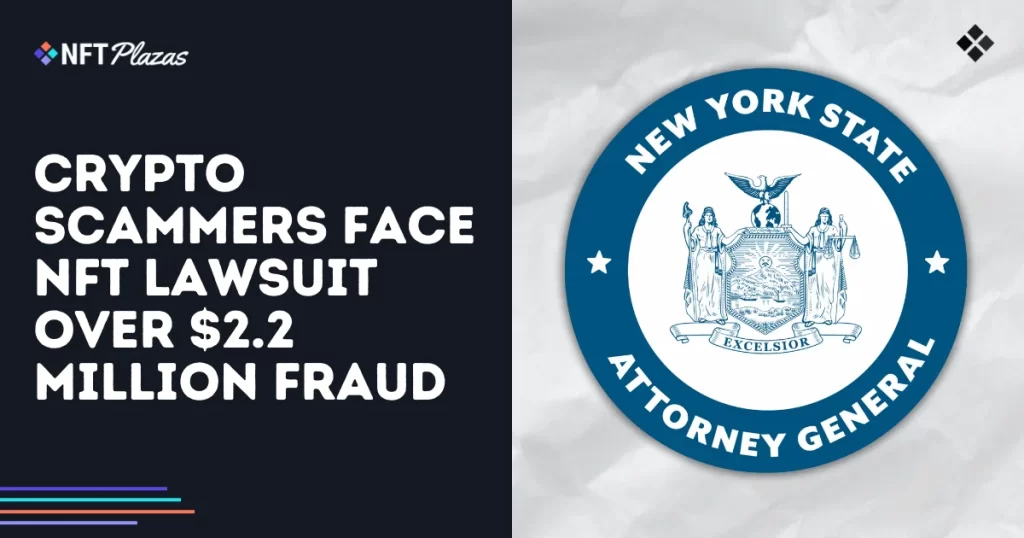New York Attorney General Letitia James is using blockchain technology to pursue an anonymous cryptocurrency scammer accused of defrauding job seekers out of $2.2 million.
Scammers allegedly offered false remote job opportunities to New Yorkers and manipulated victims into depositing stablecoins such as USDT and USDC into wallets they controlled.
To address the challenge of blockchain anonymity, James’ office handled the lawsuit through NFTs airdropped directly into defendants’ wallets.

 Source: Pixabay (brandwayart)
Source: Pixabay (brandwayart)What exactly is this lawsuit about?
The alleged scammers defraud job seekers by posing as recruiters for remote job opportunities. Victims were instructed to deposit stablecoins into “work accounts” and were told that these accounts would be used for work-related tasks and would be reimbursed later. However, the deposits were transferred to wallets controlled by the perpetrators, the lawsuit shows.
Among the victims were a hotel receptionist from Nassau County and a teacher from Queens, each defrauded of more than $100,000. When victims try to withdraw funds or raise concerns, scammers will allegedly ask for additional deposits, claiming these are necessary to resolve technical issues. This tactic reflects a known fraud method known as “pig killing,” where trust is built over time to maximize financial exploitation.
Attorney General James condemned scammers for abusing the trust of people seeking honest work and said her office is committed to holding them accountable. The lawsuit aims not only to recover the frozen funds, but also to prevent the perpetrators from continuing their deceptive practices.
Why is this important?
The anonymous nature of blockchain wallets often complicates traditional legal procedures because the true identity of the wallet owner may be hidden. To circumvent this challenge, the Attorney General’s Office will airdrop NFTs to wallets controlled by the scammers, including links to official websites with access to complete legal documents.
While blockchain technology enables greater financial freedom, it also provides a platform for sophisticated fraud. By leveraging the same technology in the pursuit of justice, the Attorney General’s Office is demonstrating how the legal system can evolve to meet new challenges.
The lawsuit not only seeks compensation for victims, but also serves as a warning to would-be scammers that blockchain anonymity does not guarantee immunity from legal action.

